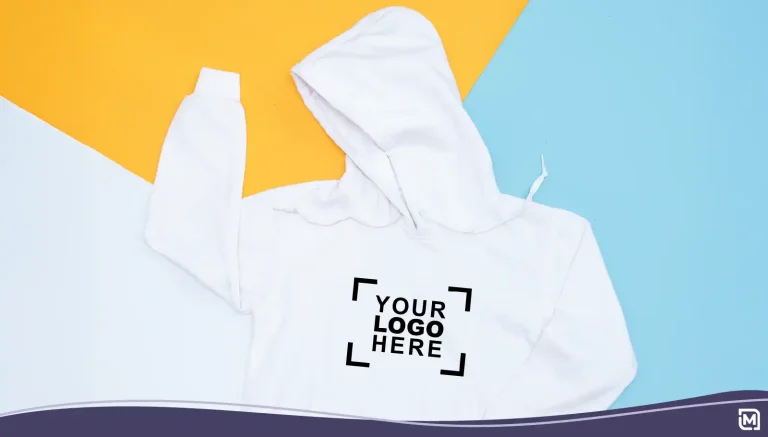Starting a small business means checking certain items off your startup’s to-do list. Some of these actions may include incorporating or forming an LLC, obtaining a tax ID, filing trademark applications, designating a registered agent and notarizing documents. Finding a notary public is critical for a wide variety of industries. Amid the COVID-19 pandemic, however, many entrepreneurs are choosing electronic notary services.
What’s the Difference Between a Notary Public and Electronic Notary Service?
A notary public is an individual appointed by the Secretary of State to serve the public. This person has the qualifications necessary to perform specific legal formalities. Some of these transactions may include drawing up and certifying contracts and other important paperwork.
A notary public may also act as a witness when signing legal documentation. As a witness, the notary public ensures the signer of the documentation is not fraudulent and is, in fact, a willing participant.
An electronic notary service is commonly known as an eNotary service. Unlike a notary public, which requires the physical presence of an appointed individual, eNotary services allow participants and a licensed notary public to perform a notarial act online. Documents may be signed and notarized electronically with the online notary public and by using live audio and video stream.
Which Industries Need eNotary Services?
Now that you understand the differences between the two notarization types, let’s take a look at three of the top industries that can benefit from working with an eNotary service.
1. Real Estate
There are many documents, from deeds to escrows, that must be signed and accounted for during real estate transactions. Even a simple closing requires several documents.
It’s essential, for both the borrower and lender, to work alongside a real estate notary in order to complete the transaction. This individual is also referred to as a notary signing agent and has received certification stating that they may act in this role.
MyCorporation’s eNotary services can provide you with a qualified real estate notary. This notary is available online at the time that fits the signer’s schedule best. Nearly anyone across all 50 states may notarize documents using our platform.
The real estate notary helps properly identify signers through their state-issued driver’s license or U.S. passport. Then, they may allow for the notarial act—such as a real estate closing—to be performed in real time. Once the necessary signatures for real estate documents have been obtained, the escrow officer may begin to prepare loan packages.
2. Lawyers and Attorneys
Lawyers and attorneys understand firsthand the amount of legal documents that must receive notarization. This paperwork may include acknowledgments, affidavits, jurats and oaths. These documents pertain to the interests of your clients, ranging from divorce filings to bills of sale for cars. They must be notarized accordingly and in a manner that is clear to the signer.
This is where MyCorporation’s eNotary service steps in to assist lawyers. A licensed online notary public is present for the signing of electronic paperwork. Confirm the identification of your client using a state-issued driver’s license, U.S. passport, resident alien identification card or green card. Then, use an electronic device with a built-in microphone and camera to notarize documents. This ensures the notarial act performs in real time with the power of attorney present.
3. Insurance
Small businesses need certain types of insurance coverage. There are various types of insurance available to notary public businesses, too. These range from general liability insurance to errors and omissions insurance. No matter which option you pick, this insurance is designed to ensure notary public businesses continue to grow and thrive without falling victims to liability pitfalls.
By working with MyCorporation’s eNotary service, you’re able to set your small business up for success — notarizing important documents at any time from the comfort of home.
Getting Started with eNotary Services
Ready to start? Make sure your electronic device is equipped with a camera and microphone for video and audio streams. Then, upload your documents into our eNotary platform, pay a filing fee of $35 and begin the notarization process.







